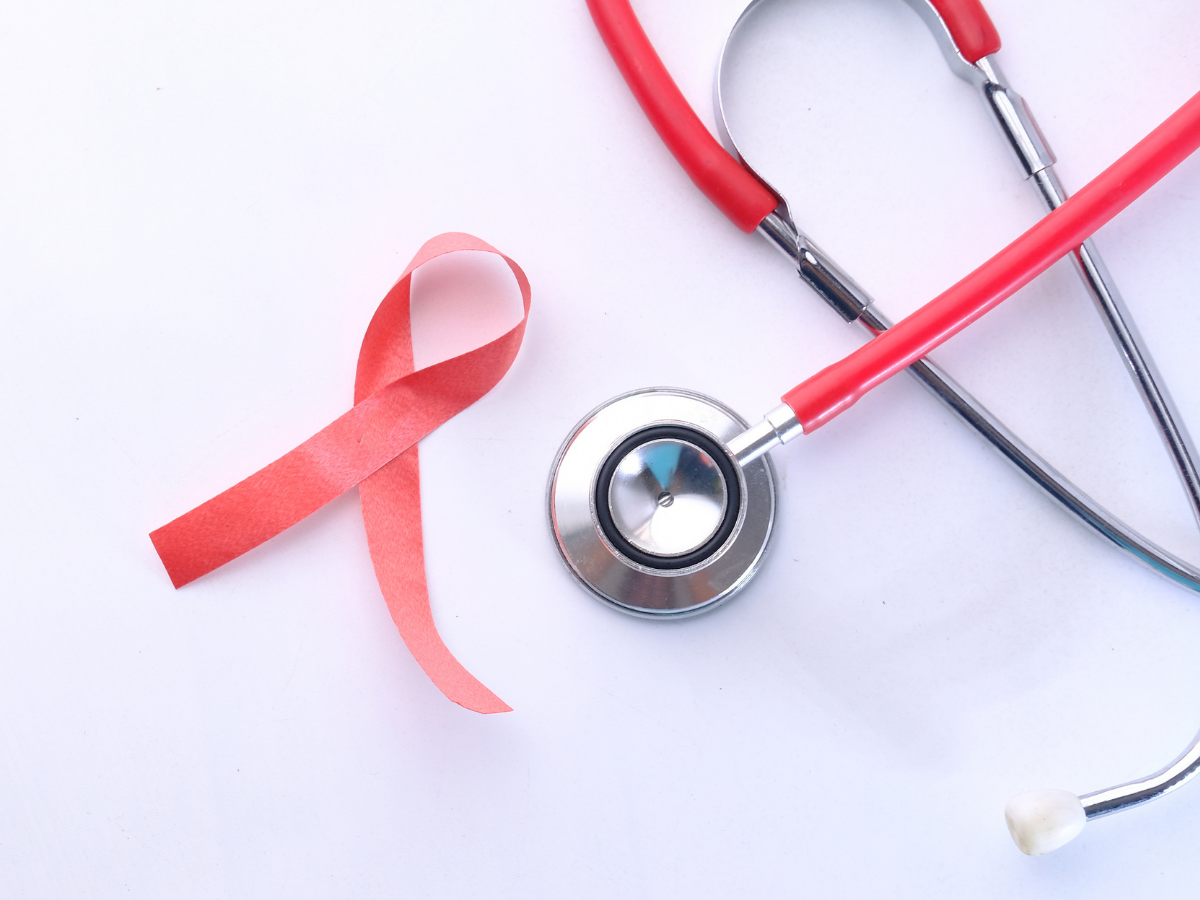
Make HIV and AIDS Programmes for Children
- Category: Children
- Date 05-08-2007
- 627 views
About eight years ago, 438 children were discovered infected with the human immune-deficiency virus (HIV), to the disquiet of the Libyan nation and the world at large. What could have been the cause of these massive infections among innocent children? Why on earth were these sinless souls fated to die in the morning of their lives? Reports indicate that 56 of the children have since died while the rest are still receiving treatment.
The blame for these disastrous infections in juvenile humans was laid on five Bulgarian nurses and a Palestinian doctor who were accused of deliberately infecting the victims with the virus by injecting contaminated blood into them. They were accordingly tried for the crime, convicted and sentenced to death. This, however, was challenged in the Libyan Supreme Court which indeed quashed the ruling. At the same time, some analysts pointed accusing fingers at the Libyan government whose health had allegedly collapsed and thus the unhygienic conditions in the country had caused the infections.
The controversy impelled health experts and researchers to intervene to seek the truth by analyzing the mutations in the genetic material of the HIV virus afflicting the children. They thus came to a unanimous agreement that: One, the infections had started way back in early 1990s in Libya; and two, there was generally a problem in the disease control programmes of Libya, especially against HIV infections in the health institutions.
As a result of the clash between the findings of both court and scientific scrutiny, coupled with the pickle of the impending death sentence against the accused health workers, Europe exerted maximum pressure on little Libya to rescind the punishment. The case was dropped last week and the medical workers have returned to their home country to a tumultuous welcome. They have survived death but the fouled children have remained in terminal danger.
This writer has never supported capital punishment for any reason and has been delighted that the medics’ predicament has been resolved without bloodshed. I have argued in these pages that it is illogical to avenge death by rewarding it with a human life. There is no sadness therefore that the accused health workers were not only set free but also completely absolved on arrival at home by their Bulgarian President Georgi Parvanov.
Children are always bound to take a lion’s share of the AIDS misery. Many of the children are born with the virus through the mother-to-child transmissions during delivery and breast-feeding stages. Prevention of mother-to-child (PMTC) services is scantly spread countrywide, and they are known, sought and affordable by highly educated and economically empowered women but the rural and slum dwellers are hardly enlightened about the existence and importance of such a facility.
Political leaders in government, opposition, the parliament have done well to spearhead a national testing campaign but any reservations by sections of this society would not merely hurt the health status of adults, it will also be hard to plan for the safe delivery of babies by infected mothers.
Another social practice that is injurious to children is defilement. Men, fit to be parents of young girls, lure them into gratuitous sexual acts, imagining that they are free from HIV. In the process, the girl-children stand multiple risks of venereal infections, early pregnancies, loss of educational opportunities and generally a bleak future.
That is not all for children. When the HIV/AIDS pandemic creeps into a love relationship, it is likely to upset the union and generate tensions between couples, each accusing the other of having brought it home. There is not merely a risk of infecting their newborns but the bitterness they may undergo would spill over to existing youngsters in the house. The worst comes when parents lose the battle and die, leaving behind parentless offspring.
The human rights approach to development programming stresses that when society puts the best interests of children at the fore, the results are superb. It is sad the Libyan children were infected with HIV but where was government when this happened? Governments must always have robust programmes to protect children from such avoidable infections.
By Venansio Ahabwe
Source: Peering Eye, Sunday Citizen
